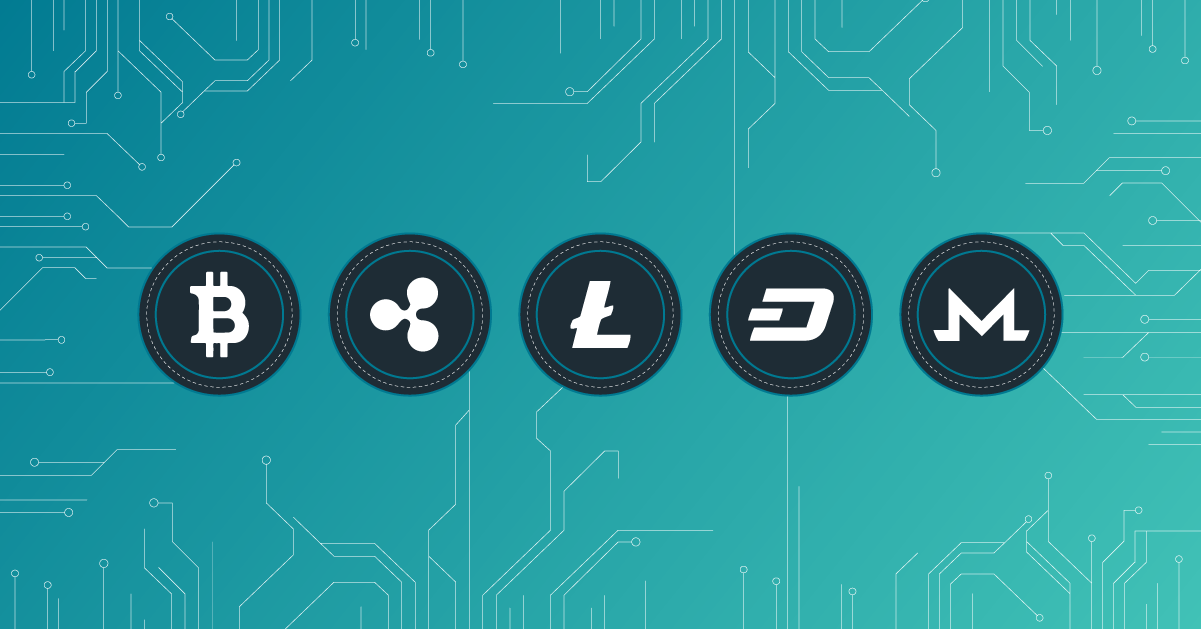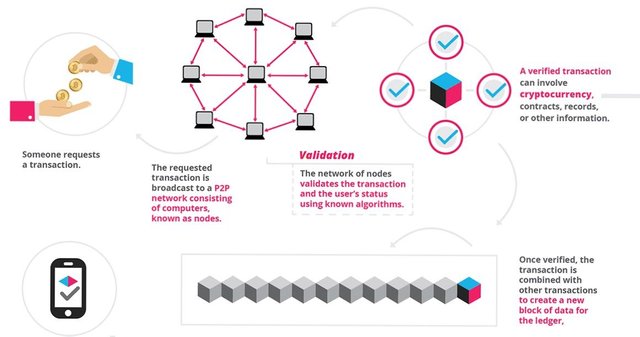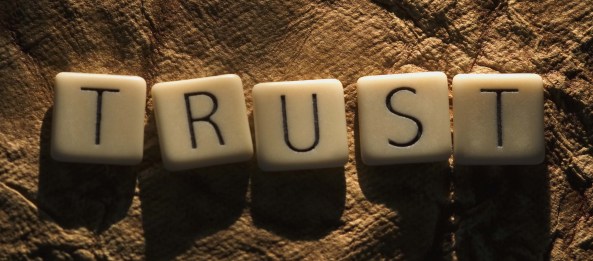What is Blockchain and why should I care? - Lessons from a Crypto Newbie
If you ask folks in investment circles what "Blockchain" is, you get a lot of different answers about what it all means and how it works. A lot of the time, people will use terms like "Distributed Ledger" or "Public Ledger." In this article we'll talk about what it all means, review some of the specialized jargon, and why any of this matters.
If you recently joined the crypto community, Welcome. It's a crazy place and you have a lot to learn. I'm definitely not the right person to teach you how to get lambos and be an internet millionaire, but what I can do is help you understand some of the things I had to learn when I was getting acquainted with crypto and that's what this series aims to do. I am not a financial advisor and I strongly recommend you do as much research as needed to feel confident with this stuff, but any risks you assume are your own.
Now that that's out of the way, we'll start with the most basic question you should ask before you even consider investing in crypto. What is Blockchain? In its simplest terms, Blockchain is a decentralized public ledger that can be used for a variety of transactions, but what does that really mean?
Think of a block as a unit of information. Inside that unit are all the details of a transaction. This might include the sender's address, the recipient's address, the amount to be transferred, date and timestamp, etc. When two people agree to a transaction, that transaction is then validated (how this works varies a bit based on currency, but we'll get to that in my next post in this series), verified, and then added to the chain as a new block that is now visible to anyone. Subsequent transactions will be processed the same way, but will end up further down the chain from yours.
This blockchain grows and grows over time, creating a record of every transaction ever recorded by that transaction network and is shared in a similar way to peer-to-peer file sharing (think torrents). This sharing is the "decentralized" or "distributed" part. There is no one authority who maintains the chain, so it's virtually impossible to alter or otherwise corrupt it.
Why does all this really matter? Blockchain matters because it can be a lightning fast transaction system that allows people to transfer money and other information with substantially lower fees and wait times than what banks and other conventional institutions. Payment methods like credit cards often impose steep fees simply because your home currency is different from that of the seller's. Bitcoin(BTC), LiteCoin (LTC), and Ethereum (ETH) are the same all over the world. If you want to send 1 BTC to your cousin in Uruguay s/he will not pay any additional fees once it's received. You will only have paid the transaction fee for Bitcoin transfer and that's it. Once the transfer is complete, s/he can take it to a Bitcoin ATM or other exchange and change it to local fiat or use it online to purchase whatever is needed with only the usual transaction fees applied without conversion. Some of the other benefits are discussed below.
Nonrepudiation is the idea that once you've said or done something, you can't later deny it. This is where the "public" part of the public ledger comes in. Because all transactions and wallet balances are public and part of the chain, it can be very easy to prove you are trustworthy, or not.
A recent and great example came from @binanceexchange. This week their exchange went down for a full 24 hrs for extended maintenance and repairs. The immediacy of this outage led some to very publicly speculate that the site had been hacked. In response, @binanceexchange revealed their wallet addresses for both ETH and BTC showing significant positive balances. This is one of the true powers of blockchain. It is the ultimate finishing move to silence doubts about the authenticity of a company's claims regarding its expenditures and balances, or any other data stored in the blockchain.
Anonymity is the final lynchpin in the blockchain appeal. You may be wondering, how can you have nonrepudiation AND anonymity? The answer is a little tricky. All records are stored in the chain and therefore blocks that include your transactions contain information about you, but your name or even alias are not included in that data. Only your wallet ID is. Your wallet is a hash that can be changed at any time and most software wallets do not require you to submit personal information like real names and addresses in order to work. This means you could have several wallets for the same currency and transfer funds between them. The only way for anyone to know those wallets belong to you is if you tell them.
What do you think? Did I miss anything important? What is it about crypto that appeals to you. In my next post, I'll talk about the various kinds of mining, why mining is important, and how to decide if mining is right for you. As always, upvote, follow, and re-steem if you like this content. The more interest there is in these posts, the more of them I'm likely to do.




Coins mentioned in post:
Congratulations - You were selected to receive a 100% up-vote from @fivefreeupvotes. Enter once a day
Congratulations @vivisected! You have completed some achievement on Steemit and have been rewarded with new badge(s) :
Click on any badge to view your own Board of Honor on SteemitBoard.
For more information about SteemitBoard, click here
If you no longer want to receive notifications, reply to this comment with the word
STOP